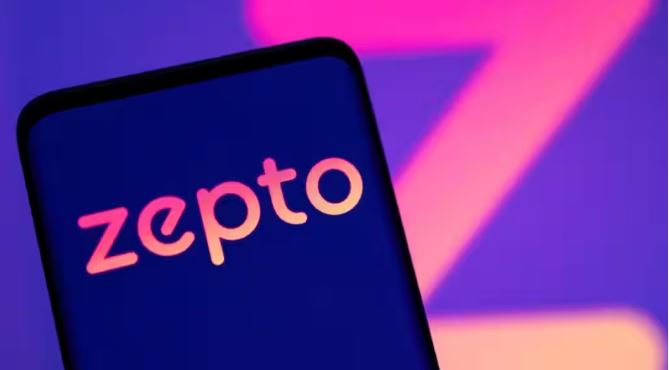The Silicon Valley Bank (SVB) crisis in March 2023 sent shockwaves through the global startup ecosystem. Many startups, particularly those backed by venture capital firms, found themselves in a precarious position as SVB, a key financial institution for the tech industry, collapsed. Zepto CEO Aadit Palicha recently reflected on this turbulent period, revealing the near-existential threat it posed to his quick commerce platform.
Palicha recounts that the SVB collapse, coupled with a funding winter and internal hiring missteps, created an "existential" crisis for Zepto between 2022 and 2023. The company had operational funds stuck in SVB. A poll indicated that numerous Indian startups backed by Y Combinator had significant deposits in SVB, with some having over $1 million exposed. This left them vulnerable when the bank run occurred.
The SVB's downfall stemmed from a confluence of factors. As the bank of choice for the startup ecosystem, it thrived during the pre-pandemic boom, fueled by record venture capital investments and low interest rates. SVB strategically invested in long-term bonds to capitalize on the low-interest environment. However, this strategy backfired as interest rates rose and inflation increased. The value of these long-term bonds plummeted.
Adding to the strain, SVB's client base, primarily startups, held deposits exceeding the $250,000 limit for Federal Deposit Insurance Corporation (FDIC) insurance. As economic conditions shifted and startups began to burn through cash, many sought to withdraw their funds, triggering a bank run. SVB was forced to sell its devalued bonds at a loss to meet these withdrawal demands, further exacerbating its financial woes.
The rapid spread of information, particularly through social media, amplified the crisis. Concerns about SVB's solvency led to a massive withdrawal of $42 billion in a single day, ultimately leading to the bank's collapse. The failure of SVB marked the third-largest bank failure in United States history and the largest since the 2007-2008 financial crisis.
The collapse had far-reaching consequences for startups, many of whom were temporarily unable to access their funds. Beyond the immediate financial disruption, the crisis forced startups to reassess their banking relationships and diversify their financial holdings. The loss of SVB also raised concerns about the availability of venture debt, a crucial funding source for many startups, especially in later funding rounds.
Palicha emphasized that navigating this "really tricky moment" required tight financial controls and resilience from the Zepto team. Zepto has since focused on strengthening its financial stability and operational efficiency. Palicha has also acknowledged that some of his "biggest mistakes" during that period were related to wrong hires in key areas such as finance, marketing, category management, and operations. Zepto is currently focused on new categories such as electronics, general merchandise, apparel and cosmetics to further shore up its top line. Zepto also leverages AI to automate aspects of its ad business such as bidding and attribution as well as supply chain forecasting.
The SVB crisis serves as a reminder of the inherent risks within the startup ecosystem and the importance of sound financial management. While the immediate fallout was contained through government intervention, the event has prompted increased scrutiny of banking practices and a renewed focus on risk mitigation within the startup community.

















